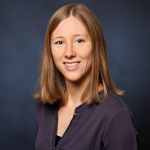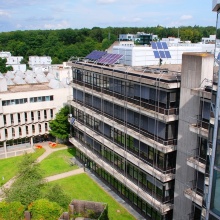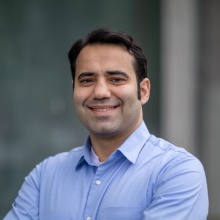Work areas of the ipv
The Institute for Photovoltaics (ipv) is one of 24 institutes of the Faculty of Computer Science, Electrical Engineering and Information Technology at the University of Stuttgart. The ipv has been one of the world's leading university institutes in the field of photovoltaics and optoelectronics since the 1970s.
The ipv conducts research into the production, characterization and application of materials and technical components, e.g. solar cells, light-emitting diodes and detectors. In the past, CdS, CIGS, amorphous and crystalline silicon semiconductors have been intensively studied as solar cells, light-emitting diodes or detectors. Building on this long tradition, the focus of the ipv has expanded in recent years to include perovskite materials.
The ipv's field of activity is further extended by the Department of Electrical Energy Storage Systems (Prof. Birke). Under his leadership, the EES team deals with a wide range of systems. Lithium batteries represent the largest field of work. Electrode production, simulation and module integration- every step along the way of battery technology is considered. Other fields of work include Power to X and alkaline electrolysis.
News
Contact

Stefanie Efinger
Secretary










